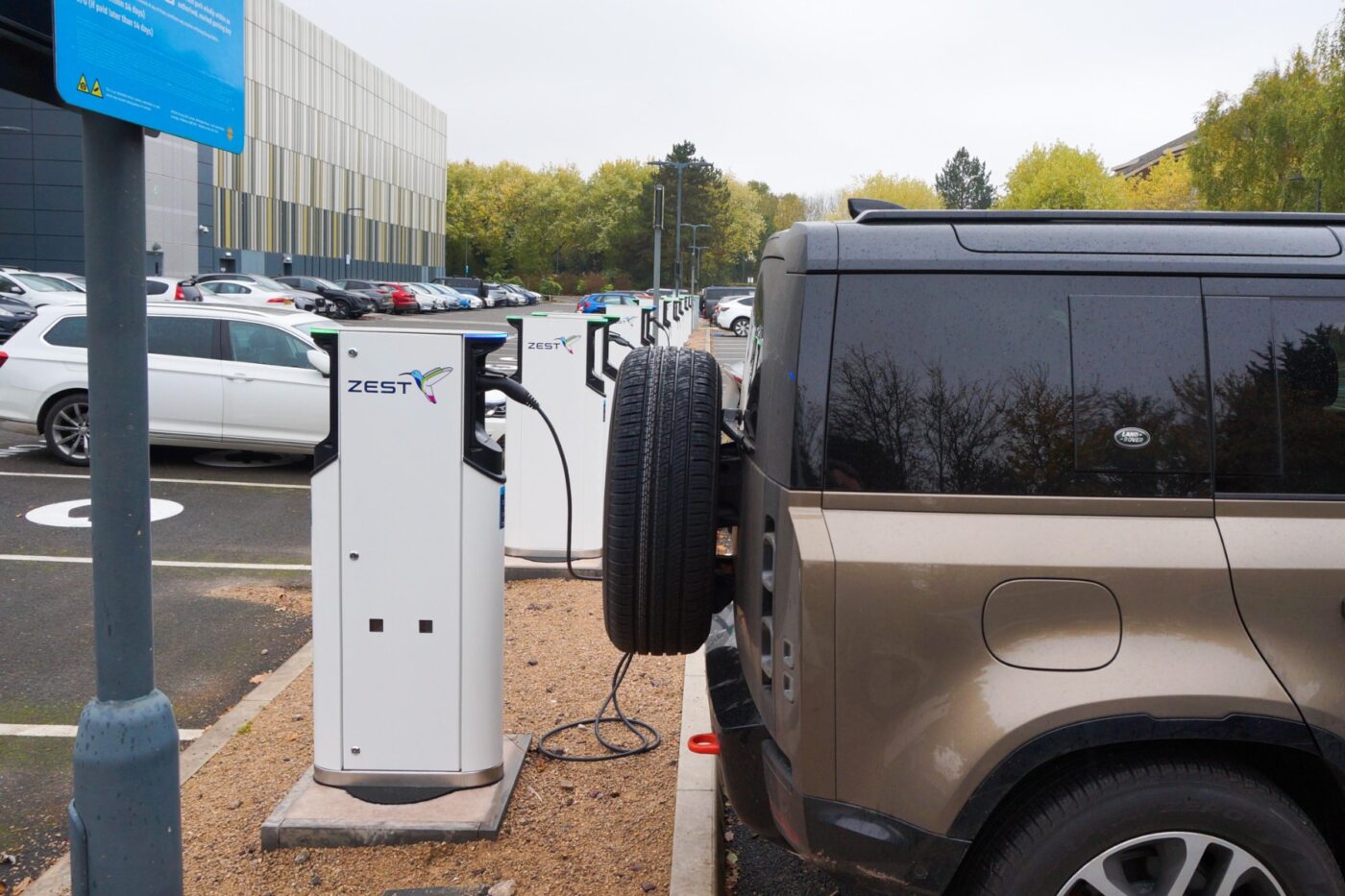UK moves to secure critical minerals
The UK government has published its new “Critical Minerals Strategy”, setting out defined targets to increase domestic production and recycling of materials crucial to electric mobility. The government states that critical minerals are “the backbone of modern life”, underpinning everything from EV batteries and wind turbines to semiconductors and aerospace components, and argues that strengthening domestic supply will support long-term growth in key zero-emission technologies.
The strategy aims to meet 10% of national mineral demand from UK extraction and 20% through recycling by 2035. It also commits to producing at least 50,000 tonnes of lithium in the next decade — a volume the government notes is “more than the weight of the Titanic”.
Ministers frame the strategy as a response to rising demand for battery-grade materials in electric vehicles. Lithium demand alone is expected to grow by 1,100% by 2035 as electrification accelerates. The government highlights the risks of global concentration, stating that China currently controls 70% of rare earth mining and 90% of refining capacity.
“For too long, Britain has been dependent on a handful of overseas suppliers, leaving our economy and national security exposed to global shocks,” said Prime Minister Keir Starmer. “That is why we are taking decisive action to change that, boosting domestic production, ramping up recycling, and backing British businesses with the investment they need.”
The strategy is backed by up to £50 million to support UK-based extraction, processing and recycling projects, alongside existing public finance via the National Wealth Fund and UK Export Finance. This includes the £31 million already committed to Cornish Lithium to advance both the Trelavour Lithium Project and geothermal lithium extraction at Cross Lanes. The government says it will also “support permitting for innovative projects” to accelerate domestic capacity.
Industry stakeholders see the document as a long-awaited framework for scaling UK supply. Jamie Airnes, CEO of Cornish Lithium, said the strategy “highlights the need to accelerate domestic capability, unlock investment, and build strategic partnerships – all of which are essential to delivering lithium production at scale.” The Critical Minerals Association called the plan “an important and timely step forward”, adding that future economic resilience depends on a secure mineral supply for clean energy, automotive manufacturing and defence.
The Government is also exploring stockpiling options, including through NATO’s Critical Mineral Stockpiling Project, to strengthen security of supply for advanced manufacturing and EV battery production. As part of its diversification efforts, the UK will expand partnerships with resource-rich countries and further develop research and processing expertise in regions such as Cornwall, Teesside and South Wales.





0 Comments